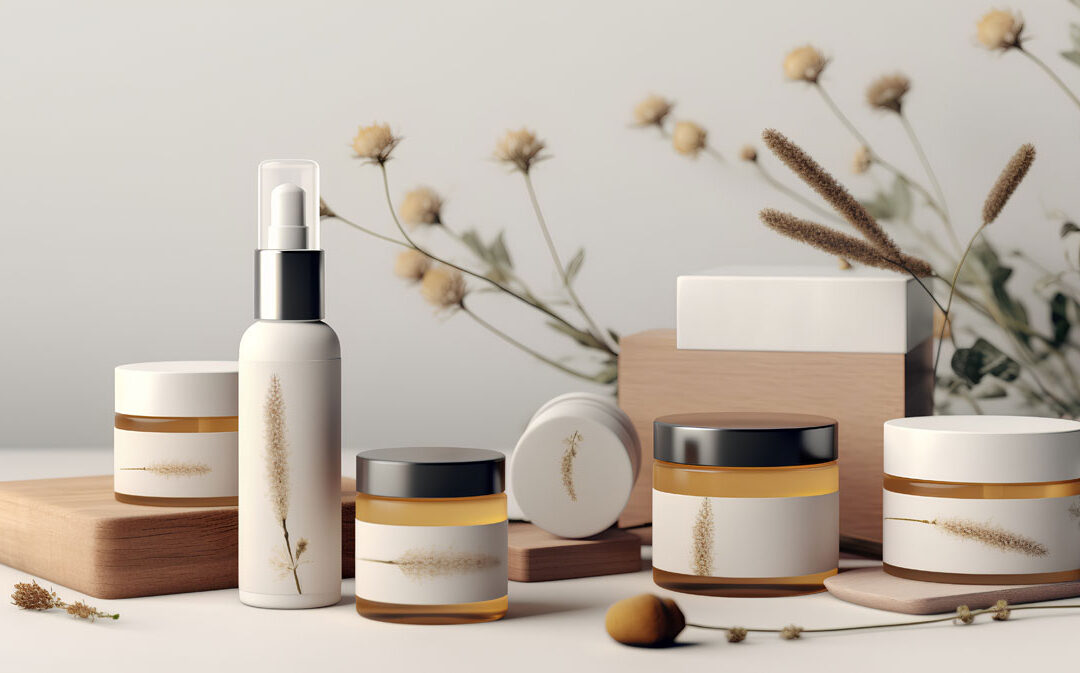
The skincare industry is evolving at a rapid pace, with consumers increasingly demanding effective and high-quality products. A growing trend within this sector is the rise of private label medical grade skincare. This approach not only provides a pathway for businesses to offer premium skincare solutions but also enhances brand identity and consumer trust. In this post, we’ll explore what private label medical grade skincare entails, discuss the intricacies of skincare packaging, and shed light on the debate around what skincare should be refrigerated.
What is Private Label Medical Grade Skincare?
Private label medical grade skincare refers to skincare products that are developed by a manufacturer and marketed under a retailer’s brand name. These products are typically formulated with higher concentrations of active ingredients and are designed to penetrate deeper into the skin, delivering more effective results. The allure of medical grade skincare lies in its promise of professional-level results, often supported by scientific research.
Benefits of Private Labeling in Skincare
- Customization: Brands can tailor product formulations to meet specific consumer needs, ensuring a unique market offering.
- Brand Identity: Private labeling allows companies to establish a distinct brand image and foster customer loyalty.
- Cost-Effectiveness: Developing and manufacturing private label products can be more economical than creating an in-house line from scratch.
- Quality Assurance: Partnering with reputable manufacturers ensures that products meet high-quality standards and regulatory compliance.
Skincare Packaging Matters
When it comes to skincare, the importance of skincare packaging cannot be overstated. Packaging plays a crucial role in preserving the efficacy of the product, maintaining stability, and enhancing user experience. Here are a few key aspects to consider:
Protecting Active Ingredients
- Light and Air Exposure: Many active ingredients, like retinoids and antioxidants, can degrade when exposed to light or air. Packaging that minimizes these exposures, such as opaque or airless pumps, is essential.
- Material Selection: Glass and certain plastics offer better protection against ingredient degradation compared to others. Choosing the right material is essential for maintaining product integrity.
User Experience
- Ease of Use: Packaging designs that are intuitive and easy to operate can enhance the user experience and encourage consistent product use.
- Aesthetic Appeal: Attractive packaging can influence consumer purchasing decisions and reinforce brand image.
Sustainability
With growing environmental concerns, incorporating sustainable practices in packaging design is becoming increasingly important. Options such as recyclable materials, refillable containers, and minimal packaging are gaining popularity among eco-conscious consumers.
To Refrigerate or Not? Understanding Skincare Storage
A common question among skincare enthusiasts is what skincare should be refrigerated. While not all products require refrigeration, certain formulations can benefit from cooler storage conditions.
Products That Benefit from Refrigeration
- Vitamin C Serums: Vitamin C is prone to oxidation, which can be slowed down by refrigeration.
- Eye Creams: The cool temperature can help reduce puffiness and provide a soothing effect.
- Natural and Organic Products: Without synthetic preservatives, these products may have a shorter shelf life, and refrigeration can help preserve them.
Products That Shouldn’t Be Refrigerated
- Oil-based Products: Oils can solidify in cold temperatures, affecting their texture and application.
- Thick Creams and Balms: These may become too hard to apply if stored in the fridge.
General Storage Tips
- Check Labels: Always refer to the product label for storage instructions provided by the manufacturer.
- Keep Away from Heat: Store skincare products in a cool, dry place away from direct sunlight to maintain their efficacy.
Conclusion
Private label medical grade skincare offers a compelling opportunity for brands to deliver high-quality, effective skincare solutions. By prioritizing thoughtful skincare packaging and understanding what skincare should be refrigerated, brands can enhance product performance and consumer satisfaction.
Whether you’re a business looking to expand your skincare line or a consumer seeking effective products, understanding these key elements can make a significant difference. Prioritize quality, efficacy, and sustainability, and you’ll be well on your way to achieving radiant, healthy skin.